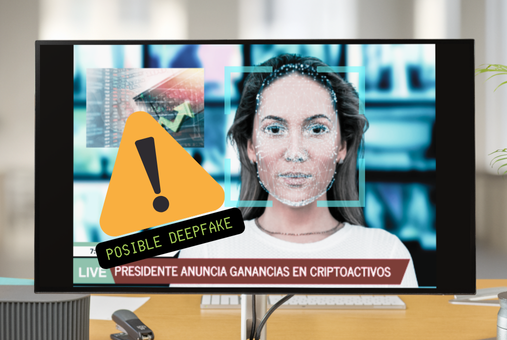
Digital tools such as FactFlow, Archive.org and OSoMeNet help journalists and fact-checkers in Latin America track false narratives, analyze dissemination networks and authenticate online content.
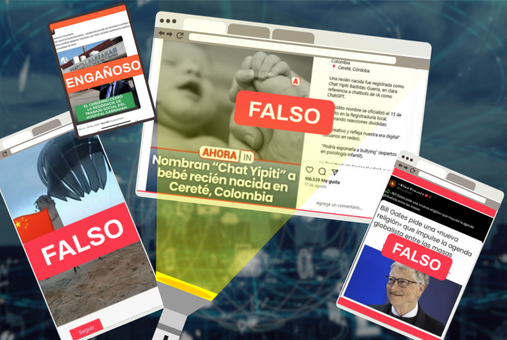
With help from MediaFact Latam’s mentorship program, outlets with scarce resources are building flexible teams to take on bot farms and fake videos.

At the Global Summit on Disinformation, journalists and researchers said AI, foreign influence operations and digital scams are reshaping the news landscape. They called for fostering information integrity to build healthy information ecosystems.

The summit is expanding to include disinformation in political campaigns, online scams and global conflicts. The free online event, set for Sept. 17 and 18, will for the first time also be translated into Portuguese.

Comprova, a collaborative fact-checking project in Brazil, bets on more explanatory language to connect with audiences resistant to corrections.
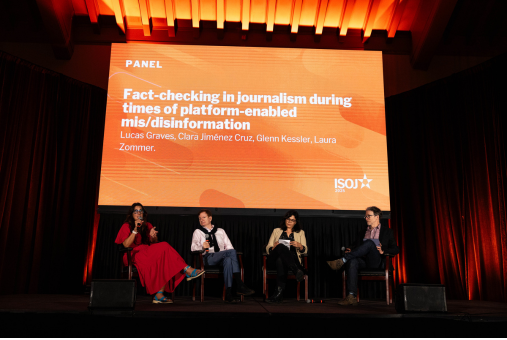
With Meta ending fact-checking and X favoring allies, fact-checkers at ISOJ discuss new ways to counter disinformation and reach audiences.
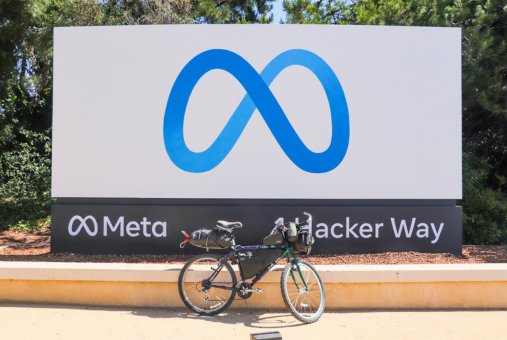
Replacing professional fact checkers with community notes in the US may signal a global rollback of disinformation controls.

From AI tools to combat censorship and disinformation to international collaborations exposing cross-border crime, these 10 projects advanced journalism and made an impact on their communities.

In five questions with LJR, the Maria Moors Cabot Award special citation recipient talks about AI, her experiences at Argentina’s Chequeado and her new project in the U.S.
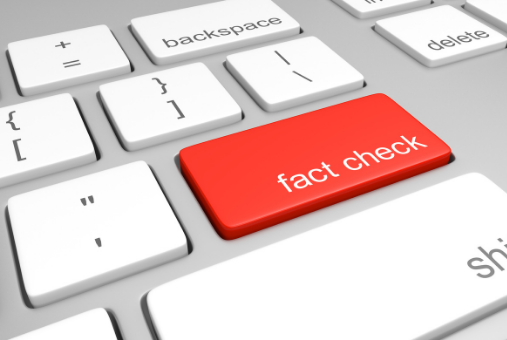
Latam Chequea, UNESCO and Chequeado seek to provide tools to more effectively combat the disinformation that circulates during elections through talks aimed at key actors in the electoral process - such as journalists, electoral bodies and high school teachers. The next talk aimed at journalists will be held on June 14.
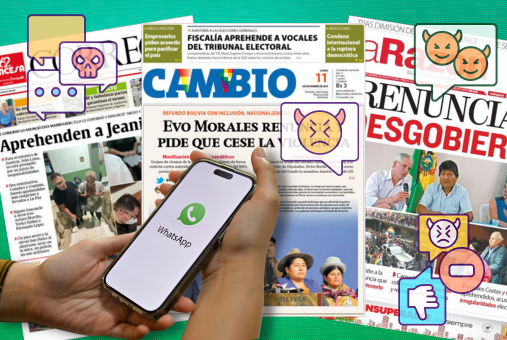
A project of Bolivia Verifica (Bolivia), with mentoring and support from Proyecto Desconfío (Argentina), seeks to promote dialogue, reflection and a culture of peace among Bolivian society by monitoring and verifying hate speech posts on social media aimed at vulnerable groups, and by distributing verified content through WhatsApp.
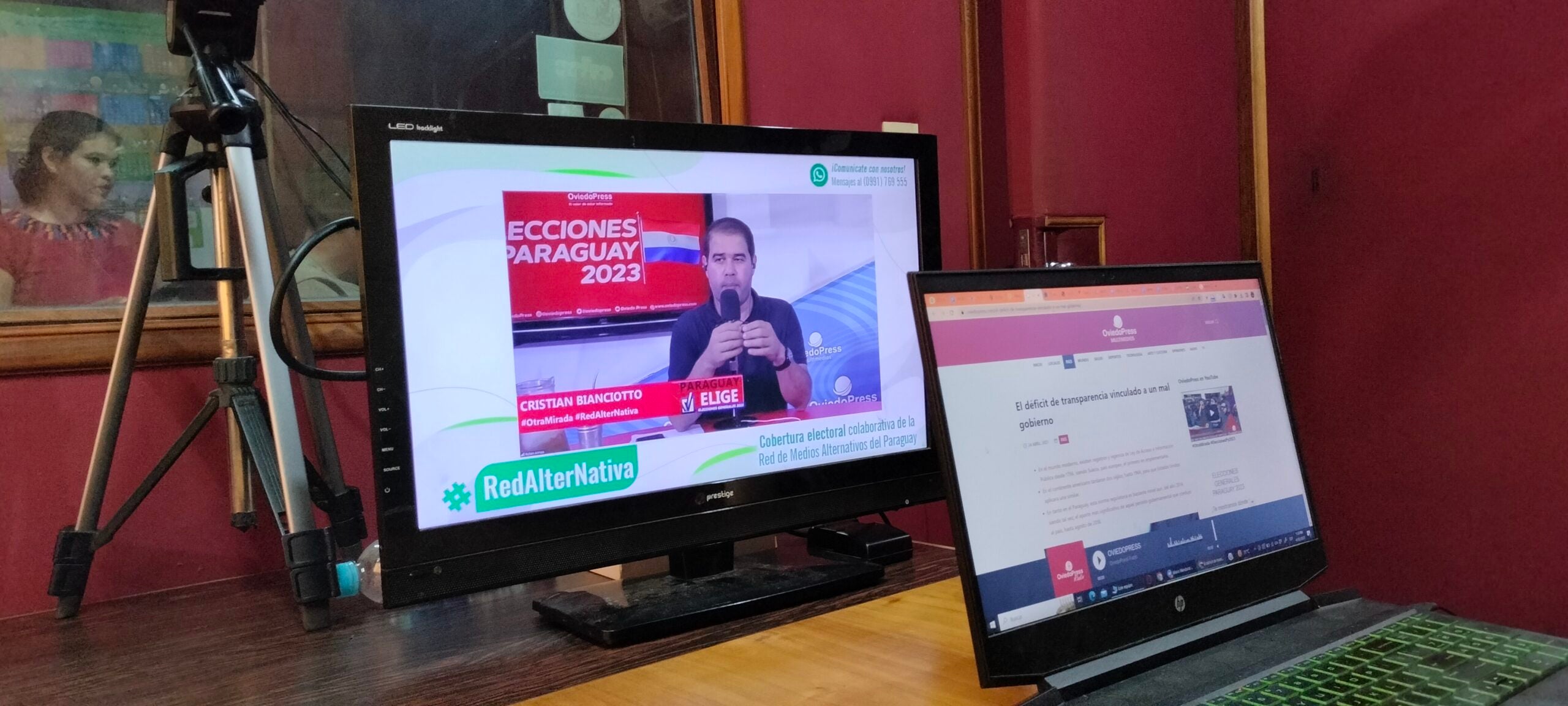
The recently formed Paraguayan Alternative Media Network was put to the test during the general election this past April 30. The network seeks to give visibility to issues underreported by traditional media through collaborative journalism and fact-checking.